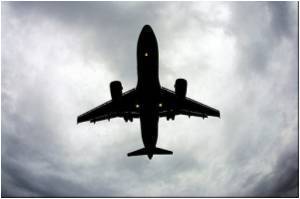
Although these daily adjustments happen naturally, yet the process is disrupted by sudden large shifts in the light-dark cycle because of a radically new geographic location.
The researchers, including a University of Washington biologist, exposed hamsters to two light-dark cycles, one of 23.33 hours and the other at 24.67 hours, to test the mechanisms that advance and delay the circadian clock.
A one-hour light pulse in the shorter cycle acted as dawn, but in the longer cycle it acted as dusk and the scientists confirmed that the pulse of light at dawn advanced the animals' circadian clocks, while the light at dusk delayed the clocks.
"We have known for decades that, in humans and other organisms, advances are always much harder to achieve than delays. For example, compare jet lag going to Europe with that coming back," Horacio de la Iglesia, a UW associate professor of biology, said.
"One of the reasons may be that these two forms of resetting the clock involve different molecular mechanisms at the clock level," he stated.
Advertisement
The study has been published online in the Proceedings of the National Academy of Sciences.
Advertisement











